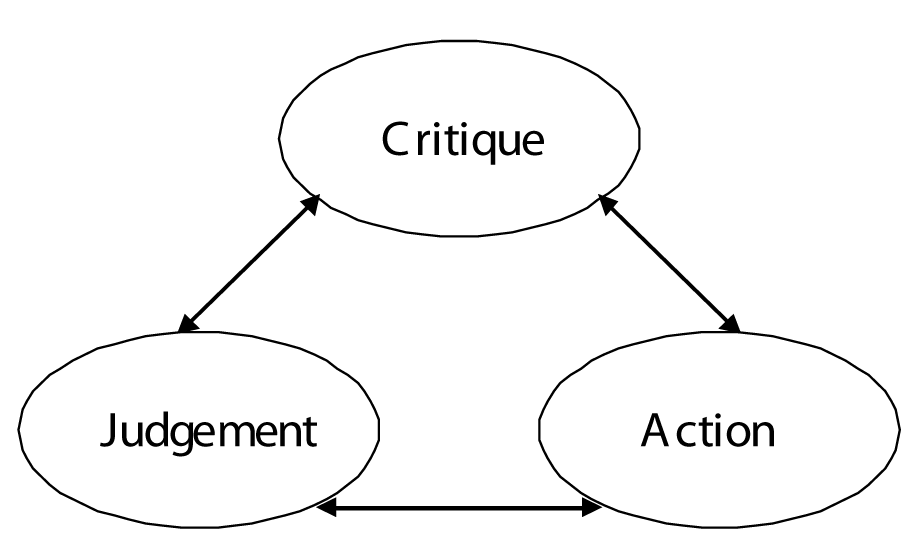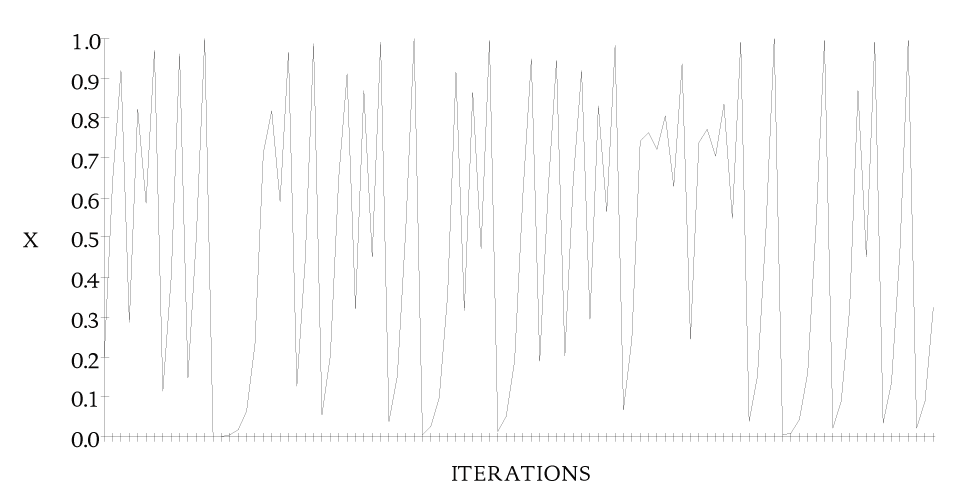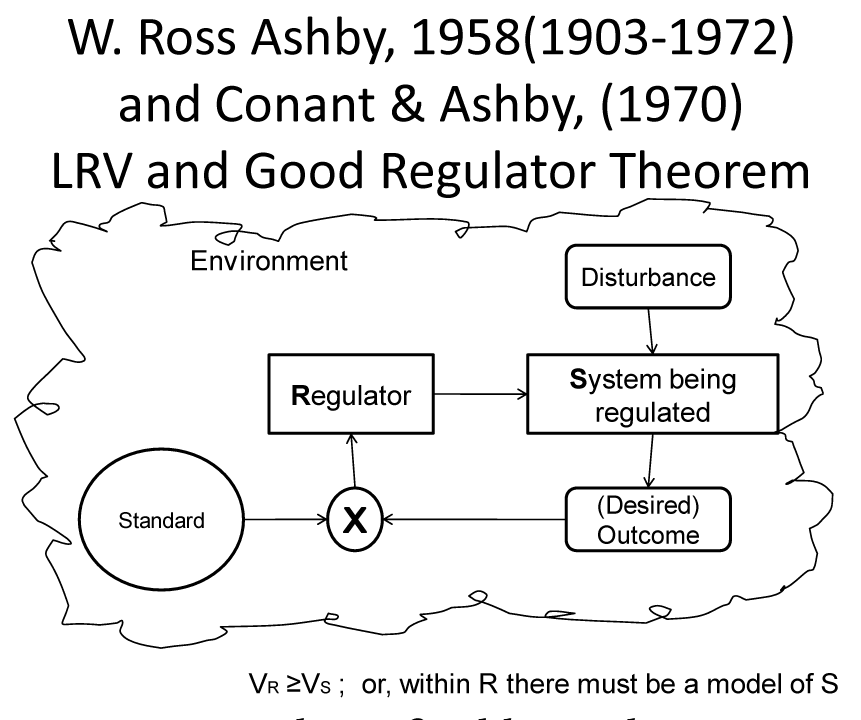Guest Edited by: BRYAN HANSON, L. DEBORAH SWORD
Issue Articles
PHILOSOPHY
Systems thinking, complexity and the philosophy of science
It is usually assumed in debates about systems thinking, complexity and the philosophy of science that science is primarily about observation. However, the starting point for this paper is intervention, defined as purposeful action by an agent to cre... Read More
PRACTITIONER
Tackling the tangle of environmental conflict: Complexity, controversy, and collaborative learning
Environmental conflict situations are typically messy; a tangle of complexity, controversy, and uncertainty. As a means for addressing environmental conflict and decision situations and making progress on matters of substance, relationship, and proce... Read More
with GREGG WALKER STEVEN DANIELS JENS EMBORGACADEMIC
Heterogeneity of degree and the emergence of cooperation in complex social networks
The evolution of cooperative, pro-social behavior under circumstances in which individual interests are at odds with common interests—circumstances characterized as social dilemmas—remains a largely unsolved, multidisciplinary puzzle. App... Read More
with GREGORY JONESPRACTITIONER
A complexity science view of conflict
Complexity science and conflict theory are two relatively new interdisciplinary fields that have much to learn from and offer each other. One benefit of their cross-fertilization is that data from real life conflicts becomes available for complexity ... Read More
with DEBORAH SWORDACADEMIC
Chaos and conflict: Recognizing patterns
This article presents some prototypes of conflict situations that follow from different pathways to chaos. The substance of the conflicts can be extracted from empirical analysis using orbital decomposition (symbolic dynamics), nonlinear regression, ... Read More
with STEPHEN GUASTELLOACADEMIC
Fitness landscapes of complex systems: Insights and implications on managing a conflict environment of organizations
Structure of organizations tends to affect the complexity of their behavior during the process of organizational transformation. As a result, organizations that are more complex structurally tend to transform in the environment that is more conflict-... Read More
UNDERSTANDEDITORIAL
Guest editorial: Chaos, complexity and conflict
No abstract available
Read Article
ACADEMIC
The law of requisite cognitive capacity in human communication, conflict resolution and cooperation solicitation
The author identifies a Law of Requisite Cognitive Capacity in human communication, conflict resolution, and cooperation solicitation. Based on Ashby’s Law of the Requisite Variety and Jaques’s theory of cognitive capacity and by combinin... Read More
with JASON HU




